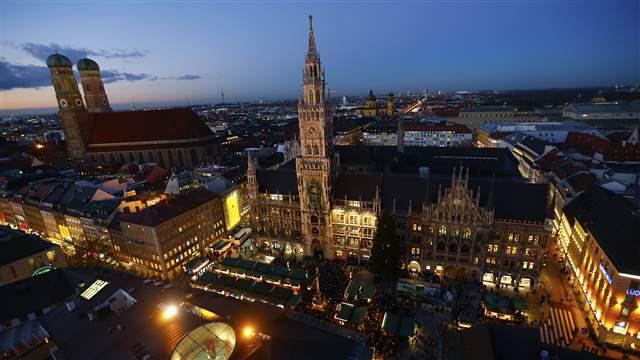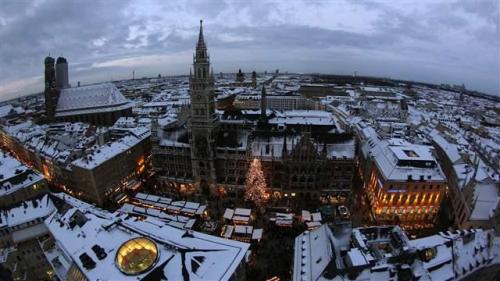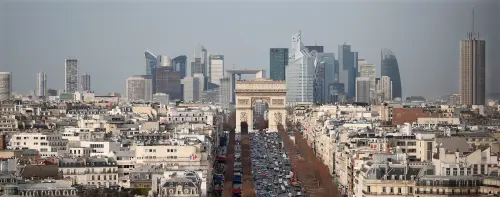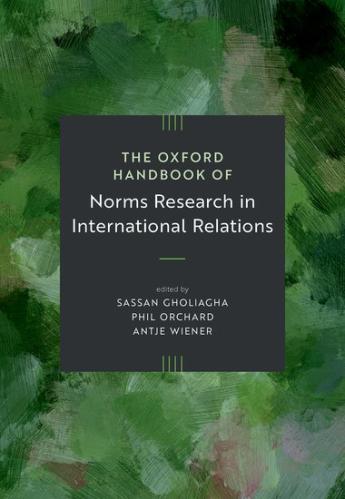Munich is one of the most dynamic medium-sized urban economies in Europe. The city is Germany’s most productive urban centre and remains firmly among the 50 most connected cities in global economic networks. It has a highly diversified and high-performing economic base, with vibrant clusters in financial, advanced manufacturing, ICT and media sectors. The city inherits outstanding infrastructure systems, technological and innovative capacity, and quality of life that has global appeal.
Munich acquired many of the traits of global fluency thanks to intentional, forward looking leadership. After having seized the opportunities of Berlin’s Cold War decline, the city has benefited from supportive state and federal governments, and has fostered outstanding collaboration between private and public sector commercial and R&D institutions.
As one of Europe’s principal growth regions, Munich faces substantial population growth and spatial management challenges as it runs out of easily developable space within its city boundaries. Developable land scarcity has led to high property prices, increased pressure on road networks, and restrictions on the ability of ethnically diverse, low-income and youthful populations to settle in the city. This has highlighted the need for both new spatial models and better collaboration with largely residential neighbouring municipalities, with whom the city currently lacks a shared metropolitan tier of government.
Munich is a thriving metropolitan region, but many of its biggest advantages are the product of previous cycles of investment, leadership and innovation. Much of the capacity created by these cycles of success has been used up, and there is a need to renew the productivity and innovation system in light of global competition. It is not yet clear if Munich is prepared for the future dilemmas and challenges of regional growth in the next business cycles. At least four strategic imperatives are currently visible:
i. Can Munich extend and expand its innovation and business brands in the newly growing regions of the world? Munich does not fully reach out to the world despite being highly globalised, connected and successful. The city is well known for its world-class soccer club, Oktoberfest, heritage and shopping, but its technological, cultural and innovation assets are under-recognised, especially in some emerging regions.
ii. Can Munich extend its collaboration with its metropolitan region and neighbouring municipalities to maintain momentum and appetite for growth and success? The City requires the state of Bavaria to take a leadership role to strengthen the inter-municipal relationships that can ensure the supply of new residential, commercial and transport functions beyond city boundaries.
iii. What is the best approach to managing Munich’s short-term housing supply and land constraints? Existing house-building rates are insufficient to meet high demand. Re-development of brownfield sites has so far opened up new land within the city limits, but it is now running out of spaces to re-use, strengthening the case for more polycentric urban development and tangential transport links. The city will need to address the issues of density and accessibility carefully to maintain its quality of life advantages.
iv. Can Munich successfully balance its ageing population and skills shortage with further immigration? High demand means the city already faces a skills shortage of over 100,000 workers, and its high value-added economy depends on staying open to international talent. This issue may intensify in the years to come — with potential strains on integration and cohesion.
The Brookings Institution is committed to quality, independence, and impact.
We are supported by a diverse array of funders. In line with our values and policies, each Brookings publication represents the sole views of its author(s).











